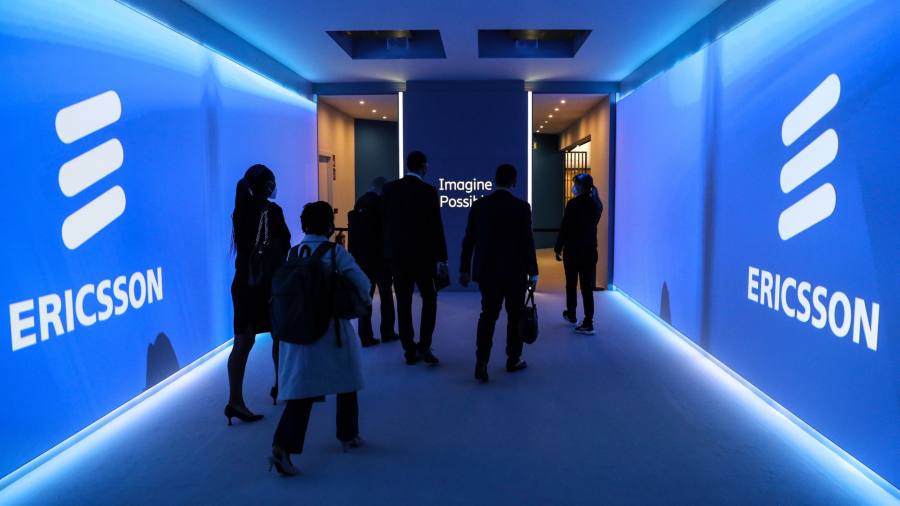
Ericsson and Nokia both posted weaker than expected results in the third quarter, weighing heavily on the shares of the two largest European telecoms equipment makers amid a worsening outlook for industry across the region.
Sweden’s Ericsson was hit hardest as its shares fell 14 per cent in trading on Thursday to a two-year low, coming close to their lowest level since 2018. Finland’s Nokia also suffered as its shares dropped 5 per cent as investors worried about delays in signing new patents and licensing deals with telecoms groups.
Following a flurry of Nordic results, investors appear to be more concerned about future demand and earnings among industrial companies as the prospect of recessions in many developing countries looms. In contrast, the many of the region’s banks produced positive results because of increasing interest rates.
Handelsbanken and Nordea both reported results this week ahead of analysts’ expectations while industrial group Atlas Copco and truckmaker Volvo Group raised concerns about how strong demand in the coming quarters would be.
Although capital goods companies “are helped a lot by weak Swedish krona and strong US dollar . . . it seems investors don’t really care that the Q3s are strong, probably because they fear more weakness going forward,” said Esbjörn Lundevall, chief equity strategist at Swedish bank SEB.
He added that Ericsson’s results were “clearly disappointing”, while one of its leading shareholders and Europe’s largest activist investor Cevian Capital, said of the Swedish group that “the swamp of losses must be removed as soon as possible”.
Underlying operating profit in the third quarter fell 19 per cent compared with a year earlier to SKr7.2bn ($642mn) at Ericsson, well below analysts’ average forecast of SKr8.5bn, according to Bloomberg estimates.
Börje Ekholm, Ericsson’s chief executive, said the group was trying to raise prices and cut costs as it strived to raise its underlying operating profit margin before amortisation to 15-18 per cent by 2024, up from 11.2 per cent in the third quarter.
Ekholm is facing questions from investors about whether payments could have been made to terror group Isis, an admission that caused the US Department of Justice to say Ericsson had breached a 2019 deferred prosecution agreement for bribery, which subsequently wiped a third off the group’s shares.
Meanwhile, Nokia’s operating profit rose 4 per cent from a year earlier to €658mn, below an average analyst forecast of €703mn. Lundevall said Nokia, whose shares have doubled since March 2020, was in better shape, but there were questions about when disputes with Chinese handset makers Oppo and Vivo would be resolved.